The Top 10 Programming Languages for the Future
Today, we have reached a stage where organizations are relying on programming languages like never before. With programming in place, organizations have met their business goals in the best possible manner. If you are a freelancer in programming then it is important to have a fair understanding as to which are the most in-demand programming languages in the market and are easy to learn too. In this article, we will talk about the top 10 programming languages for the future.

1» JavaScript
If, as a freelancer, your aim is to create dynamic web elements such as animated graphics, interactive maps, etc., then nothing can be a better choice to rely on than JavaScript. This programming language is extensively used in web development, building web servers, game development, etc.
2» Python
Python is a widely accepted server-side programming language because of its wide range of applications. Be it simple scripting or advanced web applications, you have nothing to worry about for you know Python has got you covered. As a result of python, developers can now use various programming styles including reflecting, functional, etc. No wonder why python is considered to be one of the easiest and most marketable programming languages to learn.
3» Java
Freelancers aiming to make a career in web development, application development, and big data can blindly rely on Java. Java is a general-purpose programming language with an object-oriented structure that is owned by Oracle Corporation.
4» C++
What can get better than a programming language boasting features such as data abstraction, polymorphism, inheritance, etc? Well, this is exactly what C++ has in store for you. Undoubtedly, you are bound to get good earnings as well as opportunities in your programming career. A point worth a mention is that this programming language is widely used in desktop application development, GUI application development, 3D game development, and building real-time mathematical solutions.
5» C#
C# has grabbed eyeballs from every corner of the world because of its ability to support the concepts of object-oriented programming. This is one of the prime reasons behind its increasing popularity. As C# works on Windows, Android, and iOS, freelancers won’t face any problems in learning this language.
6» Golang (Go)
Go, a programming language developed by Google has garnered attention from everywhere across the globe in the least possible time. Its very ability to handle multicore and networked systems and massive codebases has won its attention. Thus, Golang making it to the list of top 10 programming languages that freelancers prefer to learn, doesn’t seem to surprise anyone.
7» R
As far as processing statistics, including linear and nonlinear modeling, calculation, testing, visualization, and analysis are concerned, there cannot be a better programming language to provide the desired results than R. Right from its existence, R has continued to open doors of opportunities.
8» Swift
Well, as a matter of fact, Swift is a relatively new language but is highly preferred by freelancers as well as other programmers and developers because of its speed, performance and security. Additionally, Swift is an easy language to learn thereby making it a lot easier for freelancers.
9» Kotlin
Off late, Kotlin, an open-source programming language has gained huge popularity so much so that companies such as Netflix, Pinterest, and Amazon Web Services make use of this language. This can be accounted for mainly because of its features such as support for lambda functions, smart casts, null safety, and operator overloading.
10» Ruby
Yet another programming language that is highly preferred by freelancers and web developers is Ruby. This is because Ruby has a syntax that is easy to read and write. Yet another point that is worth a mention is that its object-oriented architecture supports procedural and functional programming notation.
𝐋𝐢𝐤𝐞
𝐒𝐡𝐚𝐫𝐞
Tags
